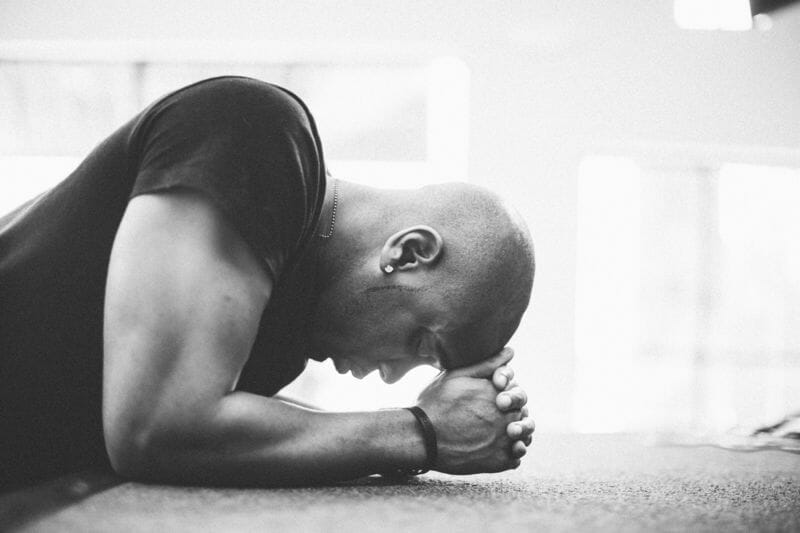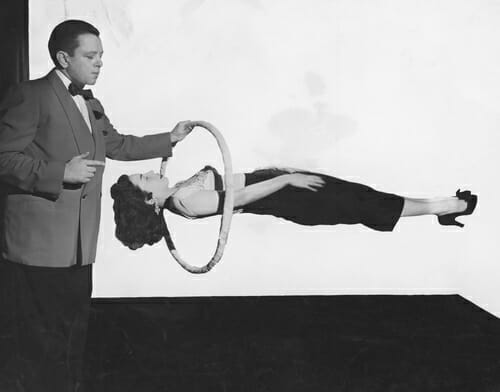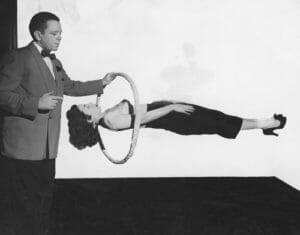- We are called to worship. (v.1) Worship is not optional. It is the commanded response to an Almighty God.
- We are to prepare for worship. (v.2) We are to clear our hearts and minds of all sin and contaminants in order to make room for God to enter in.
- We are to be focused on worship. (v.3) We are not to worship broadly with wandering minds. We are to focus like a laser on the One True God Who has chosen to communicate and connect with us.
- We are to be active in worship. (v. 6) Worship is not a passive activity. Worship demands our active involvement. This can include singing, praying, taking notes, lifting your hands and bending your knees. The demonstration of worship may vary, but active involvement in worship is a must.
Month: March 2017
Did you say, “How’s Your Hearing?”
I hate to admit it, but my hearing is not what it used to be. More and more, conversations between my wife and I are starting to sound like comedy sketches or the transcripts from nursing home conversations. It goes something like this…
The Changing Seasons
We’re in the middle of some crazy weather patterns. It’s in the lower 80’s one day, and then the lower 30’s the next. It’s like going through all the seasons in the span of a week or two.
Marriages go through seasons, and each season requires something different from spouses. To have a long and happy marriage, you must learn to navigate seven seasons…
Genesis 34 – Where’s God?
Genesis 33 – Coming Clean
Magic Moments in Marriage
Marriages need magic moments. (I know that sounds like a Cialis or Viagra commercial, but stay with me.)
If I asked you, “What are the magic moments in your marriage?” how would you answer? Would you talk about your wedding day? Your honeymoon? The birth of a child? Unexpected blessings? Tragedy narrowly averted? A special vacation? The birth of grandchildren? Retirement?
These are the things we typically think about when we think of magic moments in marriage, but these are too few and too far between. What if it were in your power to create magic moments in your marriage more frequently and more regularly?
Genesis 32 – The Wrestling Match
- God alone is the source of our blessing and protection.
- We can’t hold onto God when we’re using all our energy to grasp for other things.










